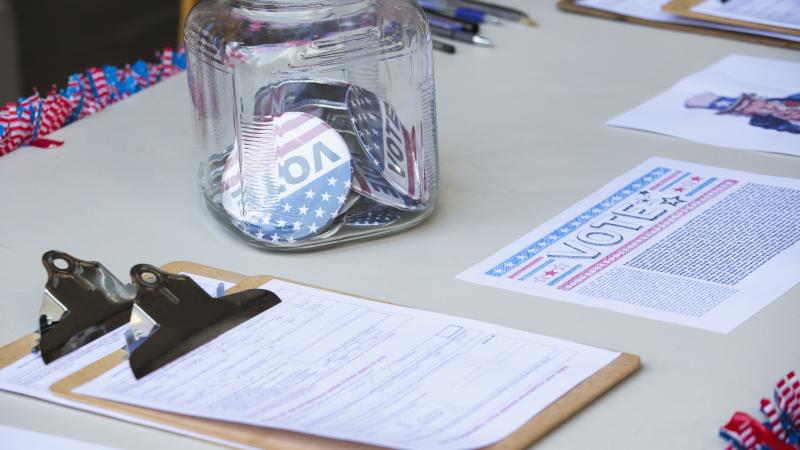'Poor quality science': Top epidemiologist rips CDC study on kids and long COVID
Authors are "comparing apples and oranges the whole time," writes University of California San Francisco's Vinay Prasad.
The CDC is facing new criticism from a recurring foe, University of California San Francisco epidemiologist Vinay Prasad, this time for its study purporting to find "increased risk for post-COVID conditions in children & teens seeking medical care."
Published in the CDC's in-house Morbidity and Mortality Weekly Report, which is not peer-reviewed, the study never uses the term "long COVID."
But it claims 0-17 year-olds with previous COVID, compared to peers without documented infections, had higher rates of rare or uncommon conditions for their age, including acute pulmonary embolism, myocarditis and cardiomyopathy, "acute and unspecified renal failure," and type 1 diabetes. The study searched for specific disease codes in a "large medical claims database" from March 2020-January 2022.
The researchers' takeaway is that "all eligible persons" starting at 6 months old should take COVID vaccines.
"The CDC is doing what they do best: publishing poor quality science in MMWR," Prasad wrote in his newsletter Thursday.
The study fails to distinguish between "kids sick enough to see a health care provider for COVID" versus those who went for other reasons "AND had an established doctor in whom that consultation was easy," wrote the epidemiologist, who was just promoted to full professor and specializes in randomized controlled trials.
Prasad estimated the study drastically undercounted infected children, given the CDC's acknowledgment in February that at least 75% of children had recovered.
The researchers didn't look at vaccination status, "picked a huge and garbage list of ICD codes that might possibl[y] be linked to covid" and overlooked the likelihood that the purported COVID group was less likely to have regular medical visits, "prompting diagnosis of other problems," Prasad said.
Their inexplicable finding that COVID-positive children were less likely to have "symptoms of mental conditions," anxiety and sleeping disorders just shows "the authors are comparing apples and oranges the whole time," he said: children who actually got sick versus those suffering under COVID restrictions.
The CDC didn't respond to requests to respond to Prasad's critique.
















